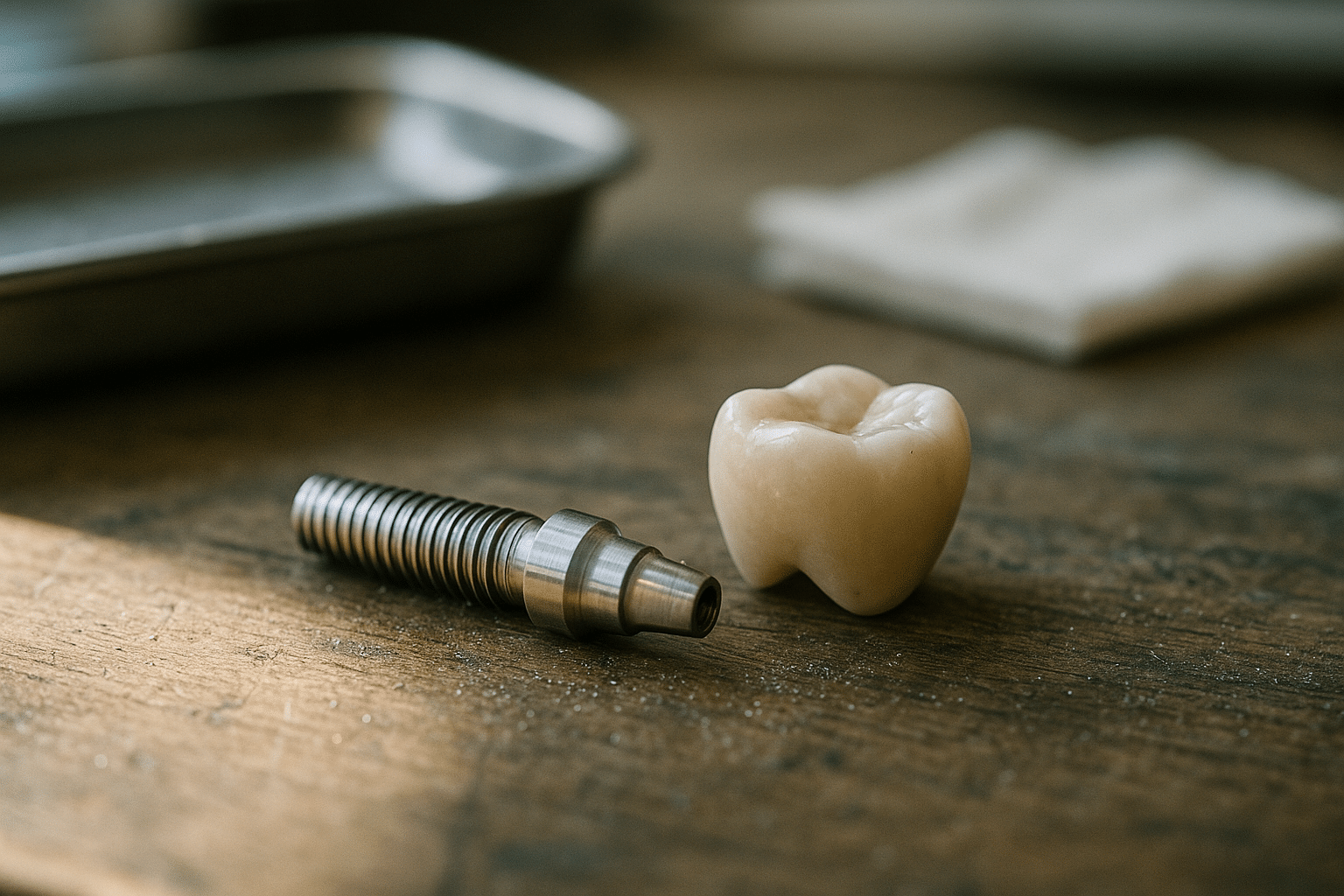
Reduce Puffy Eyes Naturally – Gentle, Easy Tips
Understanding Puffy Eyes and Their Causes
Puffy eyes, often characterized by swelling around the eyes, can be both a cosmetic concern and a sign of underlying health issues. This condition can make you appear tired and older than you feel. Understanding the causes is the first step to effectively reduce puffy eyes. Common triggers include lack of sleep, allergies, excessive salt intake, and even genetics. When we sleep, our bodies redistribute fluids, and sometimes, this can accumulate around the eyes. Allergies, on the other hand, can lead to inflammation and swelling as the body’s response to allergens.
Another significant factor is diet. Consuming too much salt or alcohol can cause the body to retain water, leading to puffiness not only around the eyes but across the body. Genetics also play a role; if your parents had issues with puffy eyes, you might be predisposed to the same condition. While these factors can be discouraging, the good news is that with the right knowledge and habits, you can reduce puffy eyes and restore a fresher appearance.
Natural Home Remedies to Reduce Puffy Eyes
When it comes to addressing puffy eyes, natural home remedies can be both effective and soothing. One of the simplest methods involves using cold compresses. The cool temperature helps constrict blood vessels, reducing swelling. You can use chilled cucumber slices or cold tea bags, both of which have additional anti-inflammatory properties. Another remedy involves the use of aloe vera gel, which is renowned for its soothing and hydrating effects.
For those who prefer a more aromatic approach, consider using essential oils. Mixing a drop of chamomile or lavender oil with a carrier oil and gently massaging it around the eyes can promote relaxation and reduce puffiness. Remember, it’s essential to conduct a patch test before applying any new substances to ensure there’s no allergic reaction.
These natural solutions not only reduce puffy eyes but also provide a moment of relaxation, helping you unwind from daily stressors.
Lifestyle Changes to Prevent Puffy Eyes
Incorporating certain lifestyle changes can significantly reduce puffy eyes in the long term. Firstly, prioritize getting enough sleep. Aim for 7-9 hours of quality sleep each night to allow your body to rest and recover. Elevating your head slightly while sleeping can also help prevent fluid buildup around the eyes. Additionally, staying hydrated is crucial. Drinking enough water helps flush out excess salt from your body, reducing water retention.
Monitoring your diet is another effective strategy. Reduce your intake of salty foods and alcohol, both of which can contribute to puffiness. Instead, incorporate foods rich in antioxidants and vitamins, such as berries, leafy greens, and citrus fruits, to support healthy skin and reduce inflammation.
By making these adjustments, you can not only reduce puffy eyes but also enhance your overall well-being.
The Role of Skincare in Managing Puffy Eyes
Skincare can play a significant role in reducing puffy eyes. Selecting products with ingredients like caffeine, hyaluronic acid, and vitamin C can make a noticeable difference. Caffeine is known for its ability to constrict blood vessels, reducing swelling. Hyaluronic acid helps retain moisture, keeping the skin around your eyes hydrated and plump, while vitamin C offers antioxidant protection and brightens the skin.
It’s also important to be gentle with the skin around your eyes. When applying products, use your ring finger to gently tap the product in, as this finger applies the least pressure. Regularly using sunscreen can prevent sun damage, which may exacerbate puffiness and premature aging.
Integrating a consistent and mindful skincare routine can effectively reduce puffy eyes and contribute to a more youthful appearance.
When to Seek Professional Help for Puffy Eyes
While many cases of puffy eyes can be managed at home, there are instances where professional help may be necessary. If puffiness persists despite trying various remedies or is accompanied by other symptoms such as pain, redness, or changes in vision, it may be time to consult a healthcare professional. Chronic puffiness could indicate underlying health issues such as thyroid problems or kidney disease.
Dermatologists and ophthalmologists can provide specialized treatments tailored to your needs. Options might include prescription medications, laser therapy, or even surgical procedures in severe cases. It’s essential to approach these options with an informed mindset, discussing potential benefits and risks with your healthcare provider.
Ultimately, while home remedies and lifestyle changes can significantly reduce puffy eyes, professional guidance ensures that any underlying health issues are addressed promptly and effectively.


